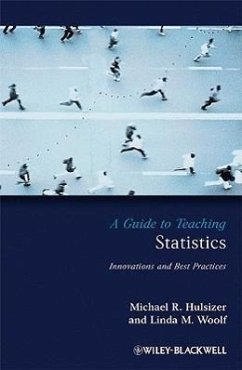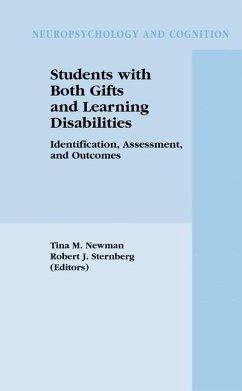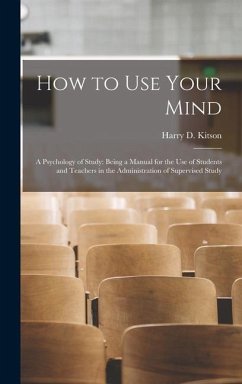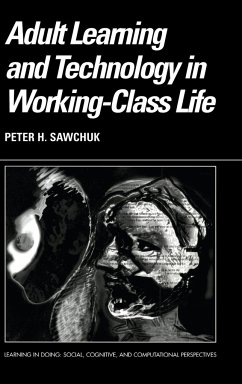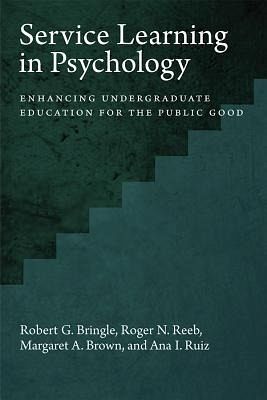
Service Learning in Psychology
Enhancing Undergraduate Education for the Public Good
Versandkostenfrei!
Versandfertig in über 4 Wochen
74,99 €
inkl. MwSt.

PAYBACK Punkte
37 °P sammeln!
Service learning allows psychology undergraduates to improve their academic, personal, civic, and preprofessional outcomes through civic engagement. Students hone knowledge and skills from the classroom by collaborating with community organizations and residents in community-based activities. Community service that is integrated into a psychology course might include tutoring children, developing informational brochures, promoting social change, or conducting participatory community action research. This book reviews the theory, research, and practice behind service learning, establishing it a...
Service learning allows psychology undergraduates to improve their academic, personal, civic, and preprofessional outcomes through civic engagement. Students hone knowledge and skills from the classroom by collaborating with community organizations and residents in community-based activities. Community service that is integrated into a psychology course might include tutoring children, developing informational brochures, promoting social change, or conducting participatory community action research. This book reviews the theory, research, and practice behind service learning, establishing it as an effective pedagogy that can help psychology departments meet the five key learning goals outlined in the APA Guidelines for the Undergraduate Psychology Major: knowledge base in psychology, scientific inquiry and critical thinking, ethical and social responsibility in a diverse world, communication, and professional development.





